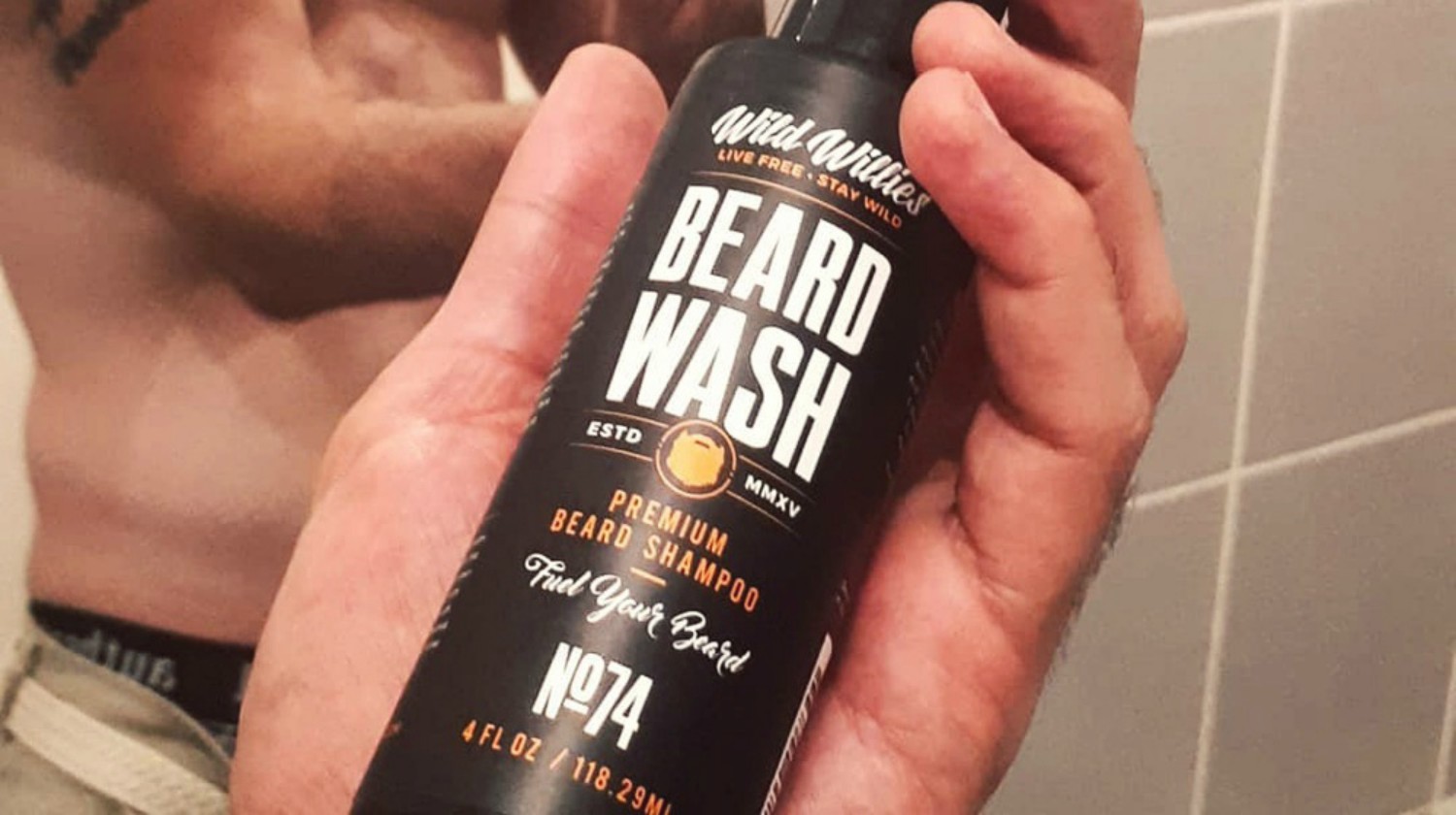Health
5 Natural Mosquito Repellents
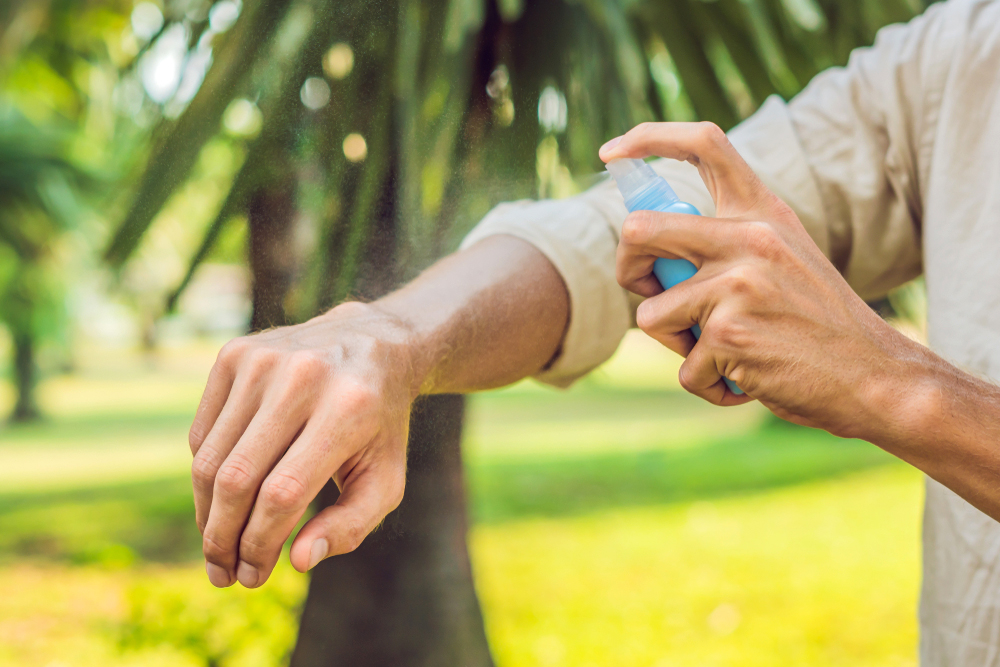
Is the family gearing up for some outdoor fun already? Make sure you bring mosquito repellents in your camping bag to prevent diseases from ruining your summer.
Natural Mosquito Repellants to Use This Summer
As we approach the summer months, there’s a lot to look forward to like trips to the beach, hiking, camping, maybe even spending time around bonfires or fire pits. But most of these activities will put you in prime mosquito bite territory, which can be both uncomfortable and dangerous.
Depending on where you live or travel to, mosquitoes can transmit a range of diseases from malaria to Zika to West Nile to yellow fever.
But before you go shopping for bug sprays, keep in mind that most contain DEET, a pesticide developed by the U.S. military. Although DEET was approved for civilian use in 1957 and has been widely used ever since, there are some potential dangers to the chemical.
DEET is certainly the most effective mosquito repellent available, But when used in concentrations greater than 30%, it can cause severe skin irritations. Some people have even reported severe allergic reactions to low concentrations of DEET, ranging from skin burns to seizures to several deaths.
On the less severe side have been redness, itchiness, blistering, hives, swelling, and rash. It is also possible that DEET contains carcinogens, and that it is toxic to wildlife.
For the safest use of DEET, doctors recommend low concentrations (<30%) used on the body for short periods of time and kept away from your eyes, nose, and mouth. Ingesting DEET has been proven to cause seizures.
But rather than risk your health or the environment, you can opt for much safer, natural mosquito repellents that have been proven effective. While natural options will need reapplication more frequently than DEET, you can rest easy that they will not harm you or your children.
1. Citronella
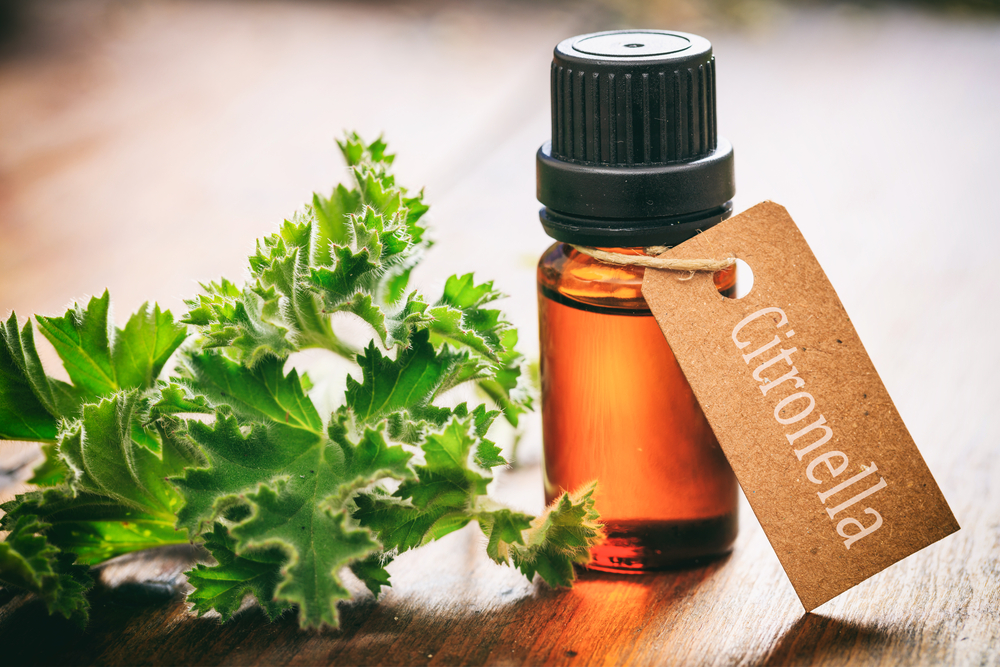 Citronella candles and essential oils can be extremely effective against mosquitoes, but the oil evaporates quickly off the skin. You will need to reapply frequently and high concentrations can irritate the skin.
Citronella candles and essential oils can be extremely effective against mosquitoes, but the oil evaporates quickly off the skin. You will need to reapply frequently and high concentrations can irritate the skin.
2. Lemon Eucalyptus Oil

Even lower doses of lemon eucalyptus oil can be effective against mosquitoes. And the fresh scent makes it a popular choice.
3. Peppermint Essential Oil
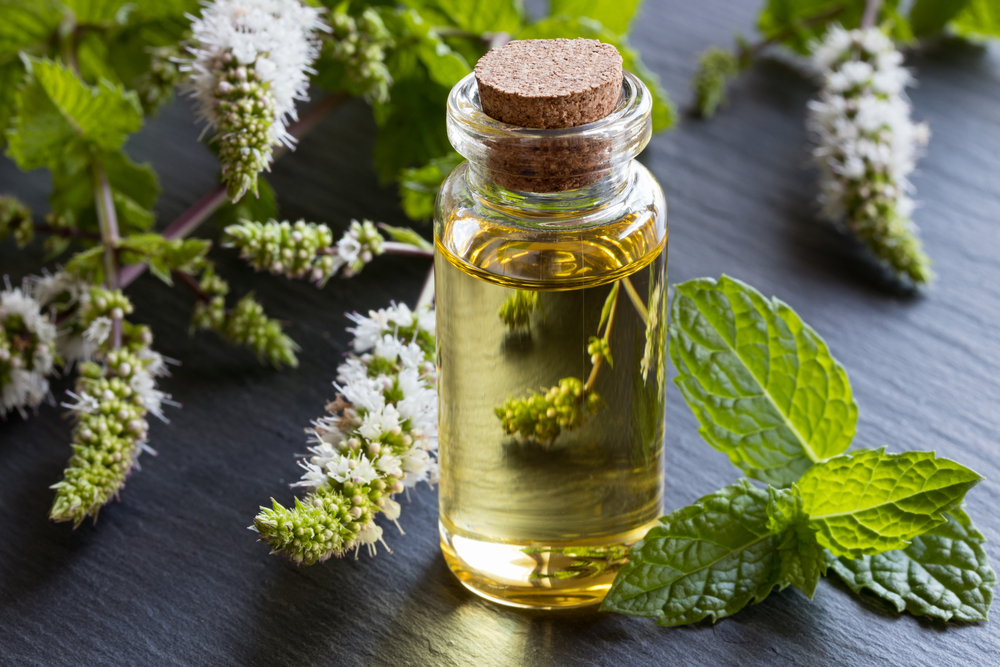
100% peppermint essential oil has been proved to deter mosquitoes, but there isn’t research on lower concentrations available. Luckily, this option will leave you smelling fresh, too.
4. Lemongrass Essential Oil
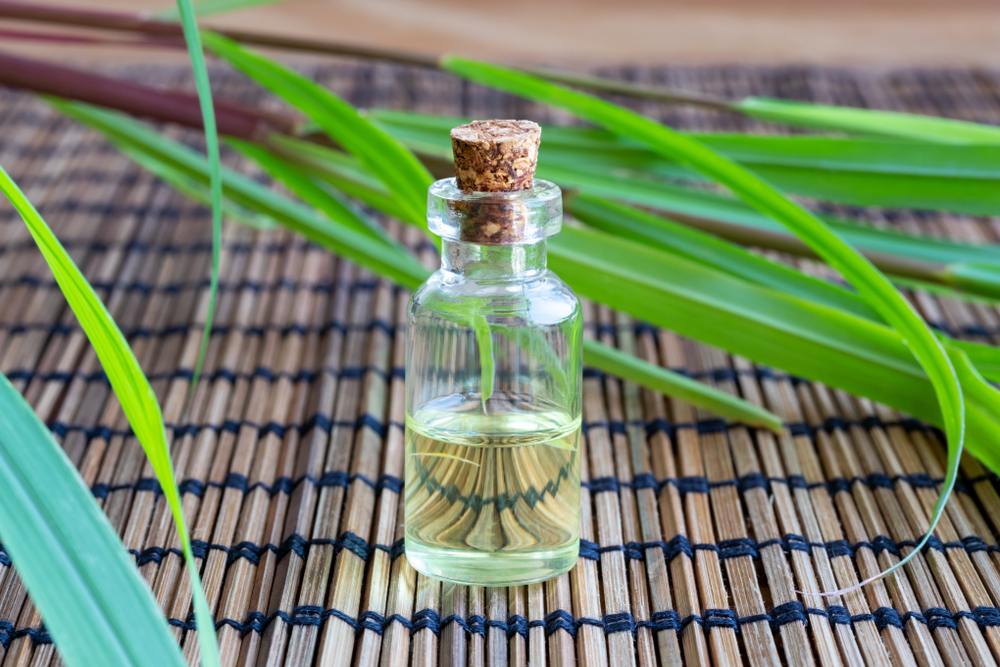
Lemongrass oil mixed with olive oil successfully keeps mosquitoes at bay, although your skin may feel a little slick.
5. Basil Essential Oil
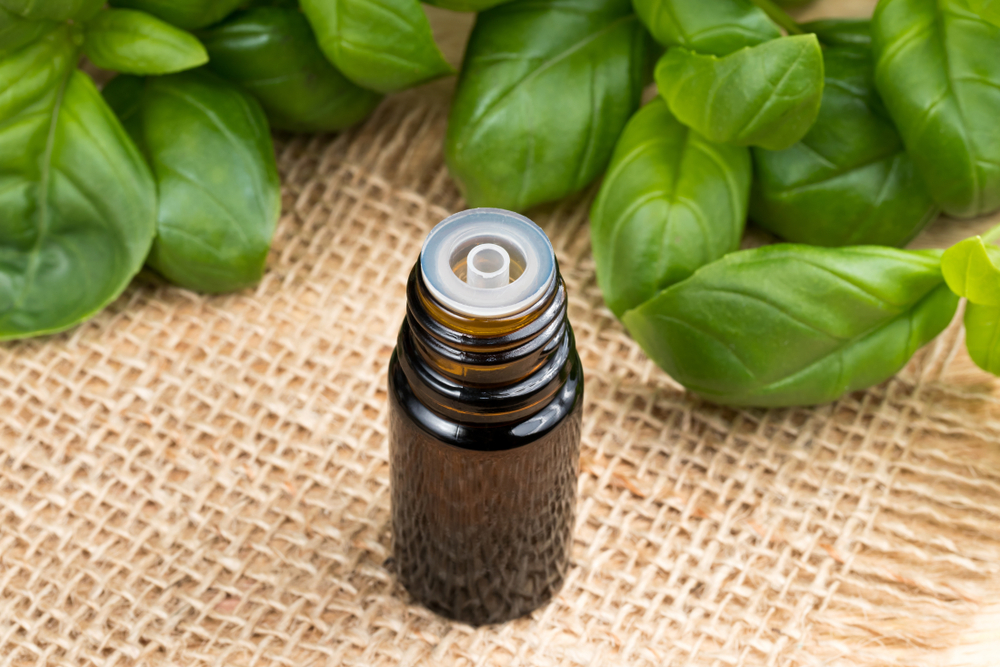
Eating basil will not protect you from mosquito bites, but topically applying the essential oil can.
DEET will protect you from mosquito bites for up to 7 hours before you need to reapply; when you choose an essential oil option, you will need to reapply more like every 2-3 hours. When you consider the health risks associated with DEET, the reapplication period shouldn’t be a major hurdle to overcome.
As with any topical application, you will want to start with a small patch to confirm that the oil is not a skin irritant for you.
When choosing an essential oil, you will want to mix it with a carrier oil like coconut or soybean oil.
You can also make your yard less mosquito-friendly by planting mosquito-repelling plants like thyme, catnip, basil, and peppermint in your garden.
Here’s to a summer full of mosquito-free outdoor fun!
Do you have your own go-to natural mosquito repellant? We’d love to hear from you in the comments section!
Up Next:
-

 Do It Yourself7 months ago
Do It Yourself7 months agoParacord Projects | 36 Cool Paracord Ideas For Your Paracord Survival Projects
-

 Do It Yourself9 months ago
Do It Yourself9 months agoHow To Make Paracord Survival Bracelets | DIY Survival Prepping
-

 Do It Yourself9 months ago
Do It Yourself9 months ago21 Home Remedies For Toothache Pain Relief
-

 Do It Yourself10 months ago
Do It Yourself10 months agoSurvival DIY: How To Melt Aluminum Cans For Casting
-

 Exports8 months ago
Exports8 months agoAre Switchblades Legal? Knife Laws By State

